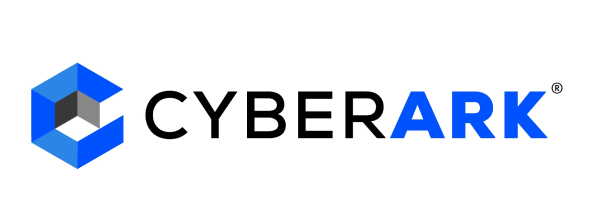
Introduction
Fast-growing startups thrive on speed, innovation, and scalability—and the cloud is often their secret weapon. But with great growth comes great responsibility, especially when it comes to securing sensitive data. A single security breach can derail investor confidence, compromise customer trust, and stall momentum. That’s why cloud security should be a top priority for every startup looking to scale safely.
In this article, we’ll explore five best practices for cloud security that can help fast-growing startups safeguard their digital assets while staying agile.
1. Implement Strong Identity and Access Management (IAM)
One of the biggest risks startups face is unauthorized access. When multiple team members, partners, and third-party vendors need access to cloud resources, managing permissions becomes critical.
- To increase security, use multi-factor authentication (MFA).
- Follow the principle of least privilege (PoLP)—give employees access only to the resources they need.
- Regularly review and update user roles and permissions.
Think of IAM as the digital equivalent of office keys—you wouldn’t give every employee access to the CEO’s office, so why leave critical cloud systems open?
2. Encrypt Data at Rest and in Transit
Data is the lifeblood of any startup. Encrypting data guarantees that it stays secure even if it is intercepted, whether it be financial records, customer information, or intellectual property.
- Enable encryption for all stored data (at rest) in the cloud.
- Use TLS/SSL protocols to secure data moving across networks.
- Consider end-to-end encryption for sensitive communications.
Encryption acts like a secret code—without the right key, your data is meaningless to hackers.
3. Regularly Monitor and Audit Cloud Activity
As startups grow, so does the complexity of their cloud infrastructure. Unusual activity may go overlooked until it’s too late if thorough monitoring isn’t done.
- Use cloud-native monitoring tools to track activity in real time.
- Set up automated alerts for suspicious login attempts or unusual data transfers.
- To find and address vulnerabilities, do routine IT security audits.
This practice is like having a digital security guard—constantly watching and alerting you when something seems off.
4. Secure APIs and Third-Party Integrations
Startups often rely on APIs and third-party tools to speed up development and improve efficiency. However, poorly secured APIs can become a backdoor for attackers.
- Use authentication tokens and API gateways to control access.
- Always update and patch third-party tools.
- Limit exposure by following secure coding practices.
Think of APIs as doors connecting different rooms in your digital house—if left unlocked, intruders can sneak in.
5. Build a Culture of Security Awareness
The first line of defense against breaches is your people, not technology. Fast-growing startups often hire quickly, which makes consistent training essential.
- Provide regular cybersecurity training to employees.
- Simulate phishing attacks to build awareness.
- Create clear security policies that are easy to follow.
Building a culture where every employee feels responsible for security is like turning your team into a digital neighborhood watch.
Conclusion
For fast-growing startups, cloud security isn’t optional—it’s a necessity. By implementing strong IAM, encrypting data, monitoring activity, securing APIs, and fostering a culture of security awareness, startups can scale with confidence.
The cloud offers agility and power, but only those who prioritize security will unlock its full potential without putting their business at risk.
FAQs
1. Why is cloud security important for startups?
Because startups handle sensitive data and rely on cloud platforms for growth, cloud security helps prevent breaches that could damage reputation and investor trust.
2. How often should startups conduct cloud security audits?
At least quarterly, but more frequent audits are recommended for high-growth companies handling sensitive data.
3. Are cloud providers responsible for all security measures?
No. Cloud solution providers secure the infrastructure, but startups are responsible for securing data, access, and applications.
4. What’s the simplest step a startup can take to improve cloud security immediately?
Enable multi-factor authentication (MFA) across all accounts and services.
5. Can startups afford advanced cloud security measures?
Yes. Most cloud security providers offer built-in security tools, and pay-as-you-go pricing makes advanced protection affordable even for small businesses.










